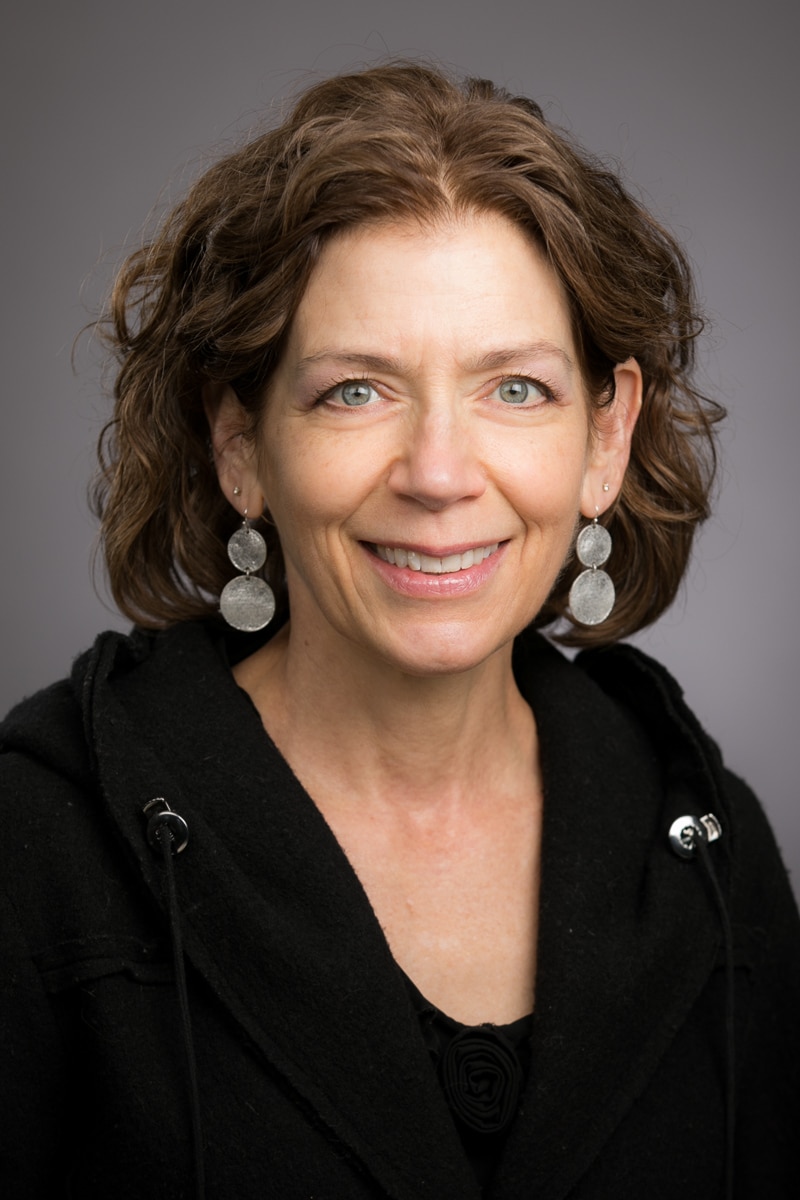Each week, Daniels is featuring a researcher who conducts meaningful research that impacts their field and the wider community. Learn more about their work in Q&As with Melissa Archpru Akaka, associate dean for faculty research. Email Melissa to nominate yourself or a colleague for a future Q&A.

Cheri Young
Early in my career I taught everything: international tourism development, spa management, quantity food production, you name it. I’m a generalist. I research anything that fascinates me. My dissertation was on employee emotional regulation in customer service encounters. So, I worked and lived at the hotel for three months, did interviews and conducted a kind of ethnographic study. I had been doing statistical work throughout my PhD program but switched to qualitative research at the last minute. I’ve always been very interested in human behavior, micro-behavior and how people regulate their emotions.
I love teaching undergraduate students the scientific method. I know some professors invite students to work on research that they already have going, but I don’t. I have the student pick the topic, and that’s why I end up researching so many different topics. I work with these students to publish research and I let them know right away that it is a large time commitment. I have them do a lot of reading because we have to become somewhat-experts in a topic that might be new to both of us. It’s master’s-level work; it’s super quality work. They learn what goes into an article. They learn what knowledge creation requires. I also bring my research output back into the classroom. We just graduated our 30thcohort of refugees from our Ready for American Hospitality training program, which has really influenced my areas of interest. I’m a business owner myself, so I’ve been able to bring the workplace experiences of these refugees, including workplace discrimination, into classes I teach on human capital and social sustainability and hospitality. The hospitality industry employs more foreign-born workers than all other industries, and there are barriers of bias, low wages and low skilling that these employees are up against. It’s led me to want to do more emancipatory work, activist research. So now I’m looking at how refugees are onboarded and socialized at workplaces, and the role of identity in that experience.
I want to write a new theory. There is so much literature out there on refugees from many different fields, mostly about refugee integration into society. There’s not a lot on refugee integration into workplaces necessarily, and to talk about refugees as if they’re a homogenous group is reductive. Some come with PhDs, some come with a sixth-grade education. It’s been challenging for me to do these thought experiments because you come to realize that marginalization is not just a refugee experience, it’s when anybody feels like an outsider in society. Something is taking place inside that marginalized person’s head when they’re in the work organization, so I’m going out on a limb talking about identity and how I think it’s impacting the onboarding process.
I’m not doing this so that companies can figure out how to onboard people from marginalized communities faster and more cost effectively. I want people to feel valued and loved in the workplace for who they are, like they’re not being forced to conform every aspect of themselves. The employment relationship between employee and company is so different now than what it was 20 or 30 years ago, so my hope is that my work would influence practice, particularly with HR professionals and first-line supervisors.
